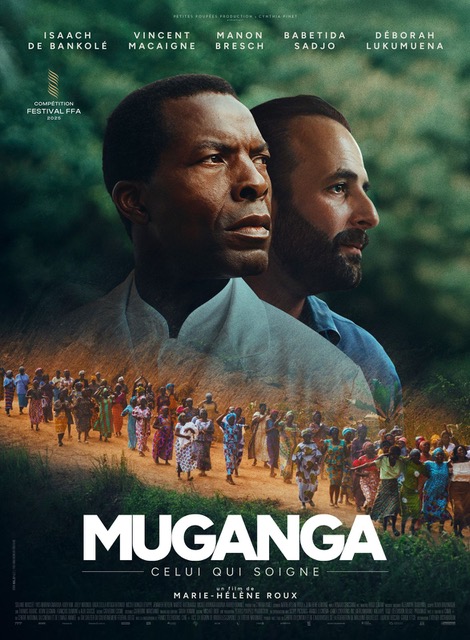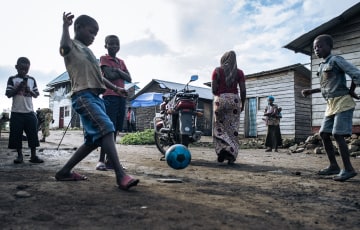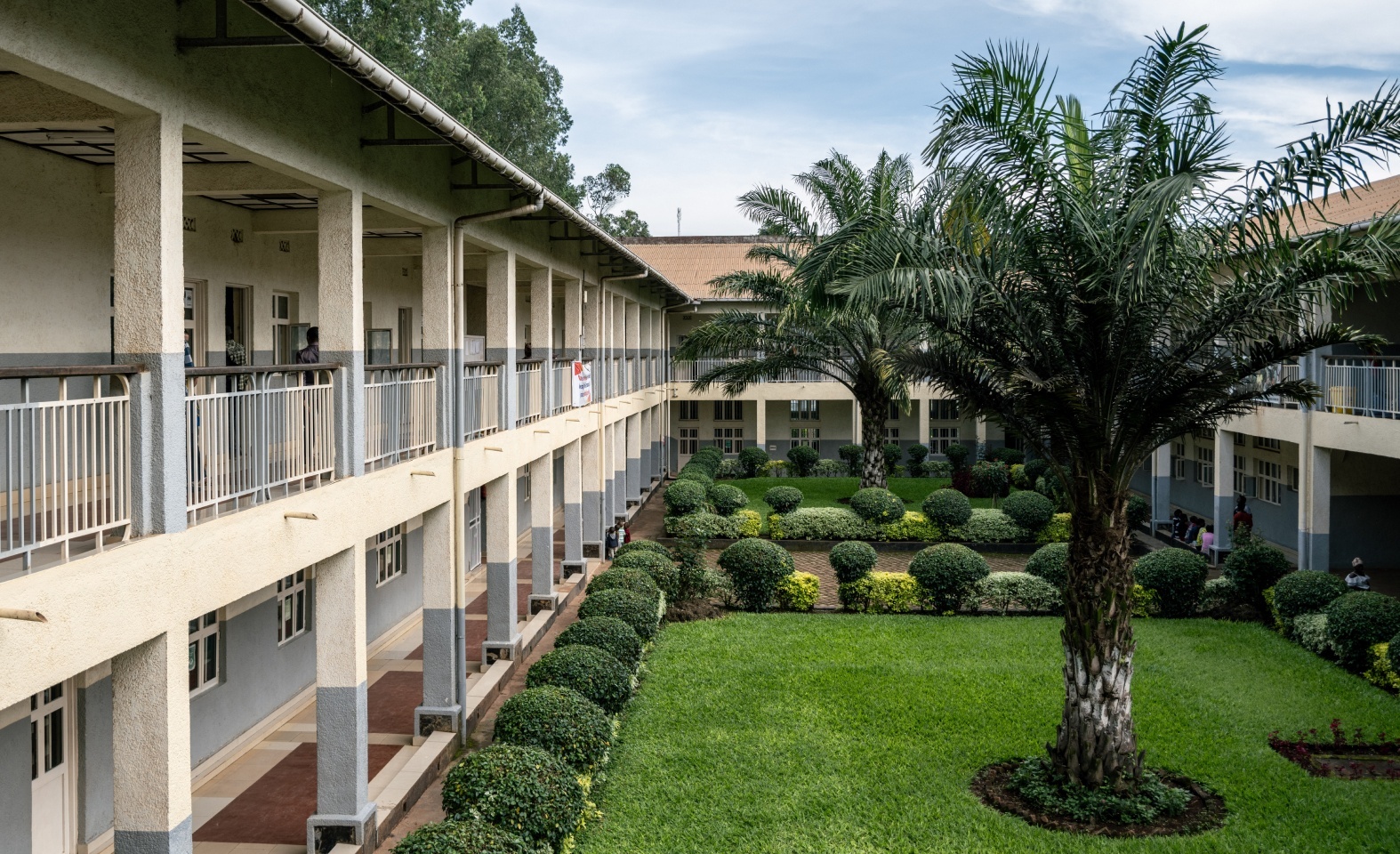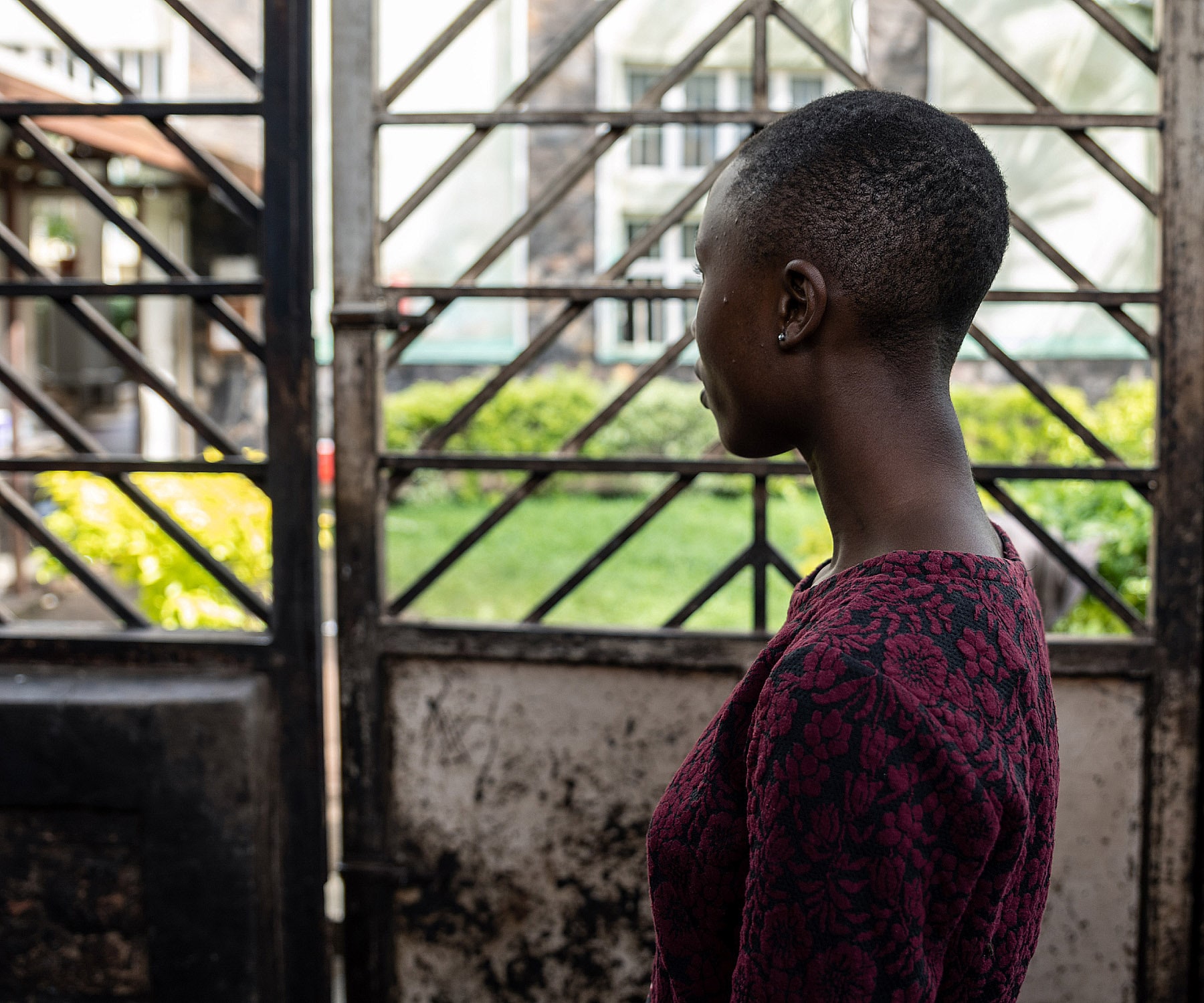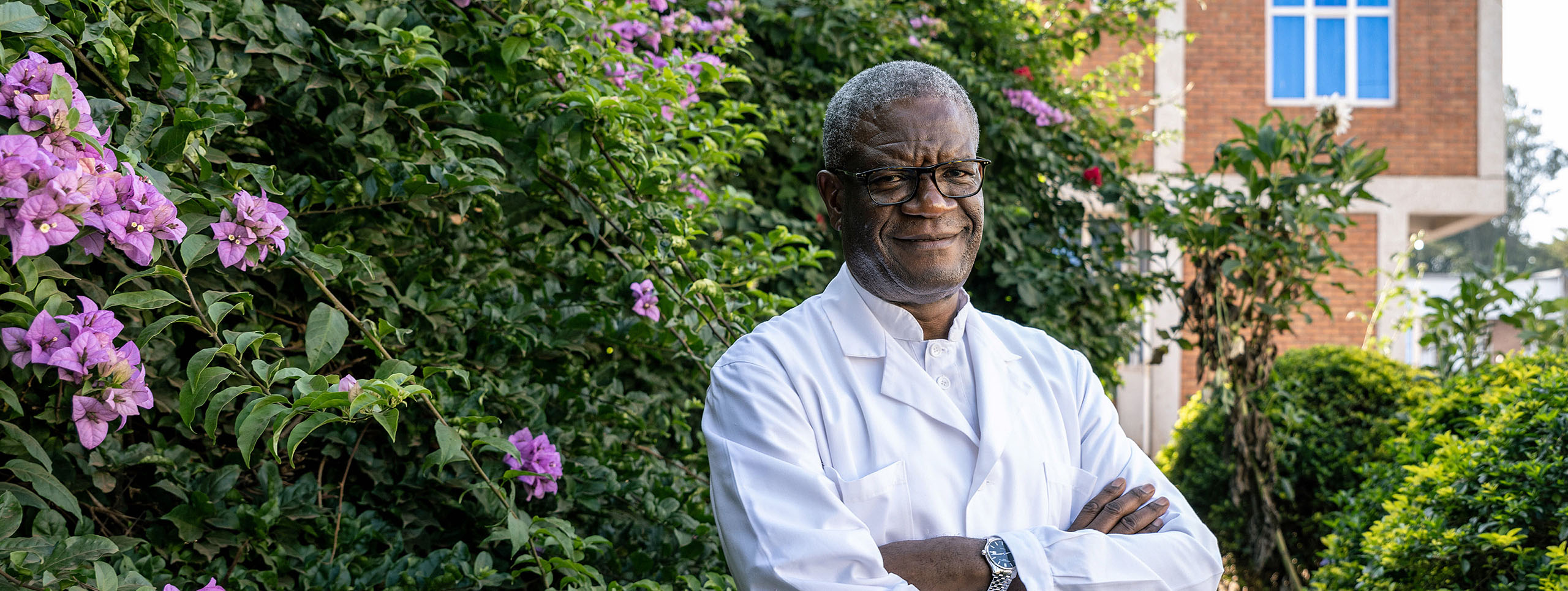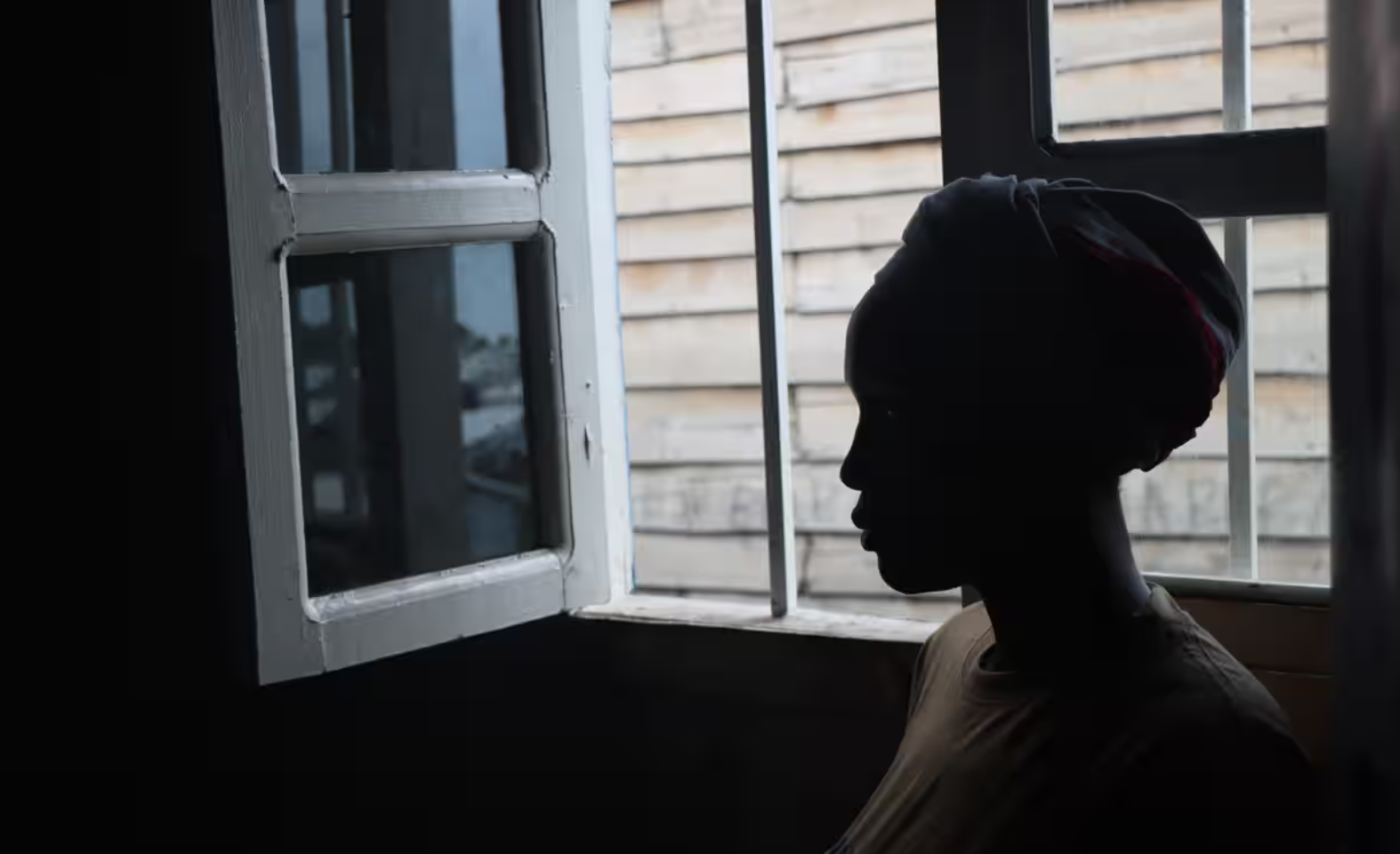March 08, 2024 — On this International Women’s Day, we express our solidarity with all the women and girls who fight every day with courage and determination for their rights and to build a better world for future generations and the planet.
While this day should be a day of celebration of achievements and advances in fundamental rights and freedoms, we are led to make the bitter observation of a global setback in the protection and respect of human rights in general, and women’s rights in particular. The most economically advanced countries are no exception to this global context, marked by a worrying regression in the rights of women and girls, which is largely exacerbated by the all-too-frequent practice of “double standards” by the international community, undermining the principle of the universality of human rights, which should apply to everyone, without distinction, everywhere in the world.
This general decline in human rights, which poses a serious threat to human dignity on every continent, is evident in all situations of crisis, instability and war, where women and girls pay the heaviest price for the violence most often decided between men.
Our thoughts go out to all those women and girls who are victims of violence and persecution in conflict zones. In Afghanistan, where the Taliban have established a gender apartheid regime, depriving women and children of their fundamental rights, including education, and thus mortgaging an entire generation of its future and its potential to contribute to the development and peace of their country. We are also thinking of the situation prevailing in Sudan and Tigray, where the scourge of conflict-related sexual violence requires urgent, multi-faceted international intervention. Finally, the conflict raging in Gaza has caused the tragic loss of 30,000 lives in less than 6 months, and according to the United Nations, a third of these are women, including pregnant women. This situation tragically illustrates that this war, like all others, has a deeper impact on women and girls, who pay a disproportionate price.
Against this backdrop, where world public opinion is mainly focused on the situation in Gaza and Ukraine, International Women’s Day in the Democratic Republic of Congo (DRC) is observed as a day of mourning. Indeed, despite the war of aggression and the atrocities committed by the army and M23 occupying forces, which is worsening an already dramatic security and humanitarian situation, the DRC remains a largely forgotten and neglected crisis, despite the 7 million people who are displaced. The majority of those forced to flee armed violence are women and children, surviving in sub-human conditions in camps regularly targeted by the belligerents. In addition, the precarious situation of women in IDP camps exposes them to sexual violence, and the NGO Médecins Sans Frontières receives around 60 female victims of sexual assault every day in camps around Goma, the capital of North Kivu.
These figures, which are just the tip of the iceberg, are more than just statistics: they are a grim reminder of a humanitarian tragedy that has been going on for 30 years, and illustrate the urgent need for a gender-sensitive approach to humanitarian aid and conflict resolution.
It is in this martyred region of Kivu that we continue our mission to care for women victims of sexual violence, and every day at the Panzi Hospital and Foundation, we witness the destructive impact of rape and sexual violence used as a method of warfare, and dedicate ourselves to the holistic care of our patients and the defense of their rights. The women and girls we help are defined not by the violence they have suffered, but by their unwavering strength and courage. Their bravery fuels our advocacy efforts to break the vicious cycle of violence and impunity.
As the theme of this international day is “Investing in women: accelerating the pace,” it’s high time we mobilized to reverse the trend. Indeed, we find ourselves at a critical juncture: after decades of hard-won progress in equality between women and men, we cannot remain indifferent in the face of the regressive trend observed throughout the world.
With only six years left to achieve the Sustainable Development Goals, it has become clear that gender equality will not be achieved by 2030. We therefore need to mobilize real political will and substantial resources to reinforce the effectiveness of international standards, significantly increase aid funding devoted to gender equality and the fight against sexual and gender-based violence, and improve the representation and meaningful participation of women at all levels of decision-making.
As we commemorate this International Women’s Day, let us renew our commitment to a world where equality between men and women is not just an ideal to be achieved, but will become a reality for generations to come. This requires more than words: it requires a concerted effort to implement real change, to challenge the status quo, and to hold ourselves and our leaders accountable for making gender equality a central pillar of global governance.
Let’s commit to increasing support for women and girls in conflict zones, amplifying their voices and ensuring their participation in peace-building and development efforts. Together, we can pave the way for a fairer, healthier and more equitable world.
-Dr. Denis Mukwege
